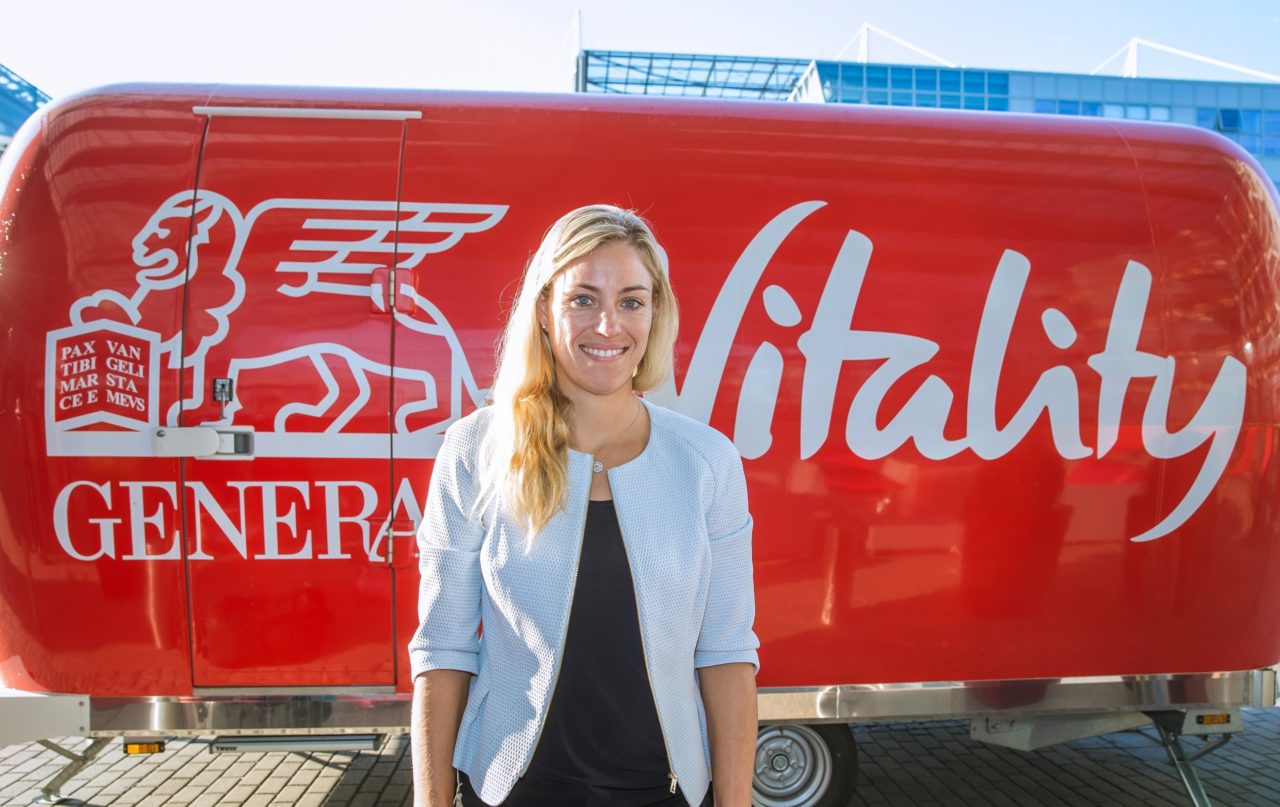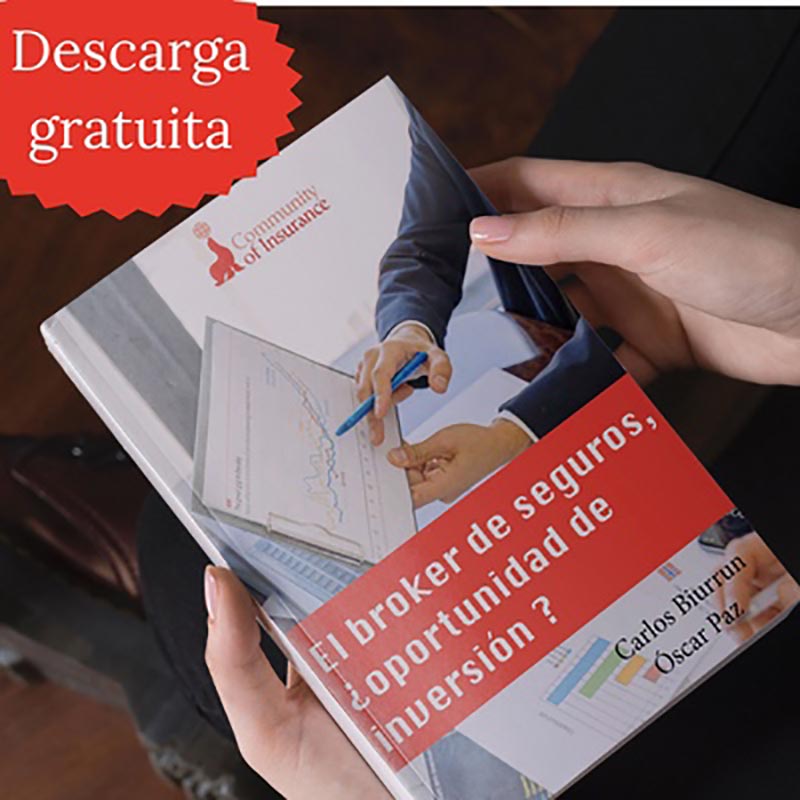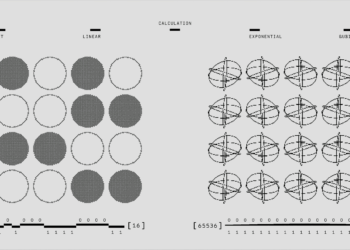[vc_row][vc_column][ad id=»34127″][vc_separator color=»custom» accent_color=»#dd3333″][/vc_column][/vc_row][vc_row][vc_column][vc_column_text]
Entrevista de Roger Peverelli and Reggy de Feniks – Cofundadores de The DIA Community
La palabra ‘ecosistemas’ está de moda. El término a menudo se usa por inercia, sin pensar si realmente estamos hablando de un ecosistema. Por otro lado, sería un error pensar que los ecosistemas será el próximo hype. La clave es entender en qué se diferencian los ecosistemas desde una perspectiva de innovación de seguros. Volker Büttner, Director de Innovación del Grupo de Generali, espera que los ecosistemas tengan un impacto en la industria de seguros: “Tomar la perspectiva del cliente es clave, y la implementación es diferente de cómo las aseguradoras han estado trabajando en el pasado”.
Volker Büttner está liderando el área de innovacion del Grupo Generali, cuyo objetivo es la búsqueda de nuevos modelos comerciales y tecnológicos. No solo en seguros, insurtech y fintech, sino también en sectores adyacentes. En ese sentido, Vitality lidera las actividades de innovación de riesgo del grupo con capital de riesgo y nuevas empresas, impulsando oportunidades concretas de colaboración pero también alimentando el desarrollo de estrategias a más largo plazo con información sobre amenazas y oportunidades relevantes, incluidos los ecosistemas.[/vc_column_text][vc_single_image image=»34478″ img_size=»full»][vc_column_text]Volker, first of all, can you share some examples of platforms and ecosystems Generali is engaged with?
Volker: “Generali is among the first movers in Central Europe in that space, as we as a company saw the relevance early on. For example, the Generali Vitality program launched in 2018 is an ecosystem we even orchestrate, in partnership with Discovery and with exclusivity in Central Europe. We are engaged in ecosystems also beyond wellness, especially in mobility, living, and health. Moreover, building on your understanding of ecosystems shared today, we are also an active player in the venture ecosystem when it comes to fostering innovation – both on a global level, for example our partnerships with VC funds and start-ups, or our activities in industry initiatives like B3i. On a more regional and local level, we are engaged in local venture ecosystems like the Insurtech Hub Munich in Germany or the F10 Incubator & Accelerator in Switzerland. But while in fact these are all sort of “ecosystems” as you define them here at DIA, for us the ecosystems from a customer perspective are of special importance.”
Taking this customer perspective; how would you define ‘ecosystems’ then?
Volker: “The term ‘ecosystems’ has almost become a buzzword, in just a short period of time. So we need to think carefully what we mean with it from a customer and innovation perspective. In my view, the key element is that there is an integrated friction-less customer experience around a specific need, like wellness, mobility, or living. This experience is delivered in a seamless way through an interconnection of related services, data-driven, and typically in partnership with a range of different players. Technology, such as AI or medtech or IoT, are important enablers for that.”[/vc_column_text][vc_single_image image=»34479″ img_size=»full»][vc_column_text]In your view, why are ecosystems all of a sudden so important? What trends and developments are driving this?
Volker: “There are several important developments that reinforce the importance of ecosystems across industries, and consequently also for us as insurers. The platform economy – accelerated by mobile technology and advancements in data and analytics – is touching almost every aspect of the daily life of our customers. This includes also all the major areas where insurers play a vital role: mobility, living, health, wellness, finance etc. But for insurers, this doesn’t automatically mean that they have a role in these ecosystems – they need to get involved actively.”
What roles can insurers play in an ecosystem?
Volker: “I think it’s important to be aware that existing or emerging ecosystems out there don’t wait for insurers to play a role at all. It may well happen that players from other industries, especially those closer to the customer and excellent in data and integration, start contributing protection, risk mitigation and ultimately also insurance propositions. So it’s up to insurers to actively pursue the opportunity. This can reach from orchestrating an ecosystem and acting as the focal point for the customers and partners, like Generali Vitality, to a role where an insurer contributes overall protection and risk mitigation, like we do with our smart insurance products in car and home insurance in a range of markets.
What kind of ecosystems do you think are key to the future of insurance?
Volker: “For retail insurers, the initial key ecosystem plays are certainly mobility, living, health and wellness, and finance. They can be key drivers for the transformation of the insurance business model, from just paying claims and compensating losses financially to also actively mitigating risk and providing overall protection, where insurance is an essential part of the value proposition together with protection services.”
In our book Reinventing Customer Engagement, we argue that entering ecosystems and moving upstream offers huge opportunities to provide value. This is where the real question is, where you can create new ways of engagement, new ways to understand customers, and transform these into new propositions – basically new ways to generate value.
Volker: “Let me share two perspectives which I think are crucial for value generation. The first one is already in the purchase stage. Insurance is mainly a push business when it comes to distribution – as not many people wake up in the morning saying ‘I need to get a household insurance today’ when there is no real trigger point for thinking about it and considering it, even if they are exposed to the risk and would wish to protect themselves. So being integrated in an ecosystem can be a way to be present when and where the real insurance need emerges and is more tangible for the customer. The second perspective is the interconnection of services of an ecosystem which comes along with a much higher interaction frequency. For the insurance industry which has been running with only a few customer touchpoints per year historically, that’s a significant aspect, and enables new value propositions around protection and services. For example, supporting customers to lead a healthier life in our Generali Vitality program, where the interaction with clients happens on a daily basis, sometimes directly, sometimes indirectly through partners, which include brands like Garmin or Adidas.”[/vc_column_text][vc_single_image image=»34480″ img_size=»full»][vc_column_text]How important are insurtechs in ecosystem development?
Volker: “Injecting external technology and connecting with businesses outside insurance is crucial to drive the implementation of such innovations. Start-ups can play a very important role here, but I would not limit the discussion too much around the term ‘insurtech’ – I am even not sure what is the latest definition of it as 2-3 years ago it has been associated mainly with the challengers on the distribution and product side, while now having an insurance company in the pipeline for a pilot might already qualify to be called ‘insurtech’. So we at Generali, together with our VC partners, have always been looking across industries to identify innovative technologies and companies that we can run pilots with and then apply at larger scale to generate value, regardless of that definition. We partnered with many of such companies in completely other verticals.”
Especially new technologies and companies beyond your own industry boundaries that you could bring to insurance?
Volker: “Absolutely. New technologies and business models often come from other industries. Take for instance robotic process automatization. Around 3 years ago we were one of the first movers to pilot and apply this technology in insurance, working together with emerging startups from other industries – and are now applying this technology at scale. Some of the start-ups have even shown ‘unicorn’ valuations in the meanwhile, take UiPath as an example. Coming back to ecosystems and the protection and risk mitigation approach, I think there are significant opportunities especially in the IoT and health space. Generali is therefore, for example, also actively working together with leading venture capital funds, including those focused on health technologies.”
To build an ecosystem in the health space ‘medtechs’ play a key role, not just insurtechs.
Volker: “Absolutely, that’s why we don’t care so much about actual ‘insurtech’ definitions but have a cross-industry perspective to spot technologies that can create value in an insurance context if we combine them with our scale. For instance, we apply these ‘medtechs’ from a customer perspective to enrich our value proposition for prevention and enagage our customers, often together with our distribution partners. The cooperations with SkinVision and Preventicus in the German market with our health insurer Central are
just two examples for that.”[/vc_column_text][vc_single_image image=»34481″ img_size=»full»][vc_column_text]Taking into account the trends, dynamics and all the nodes in the ecosystem that you mentioned – could an insurer play an orchestration role? Or would you say, looking at the variety of things that take place, that would not be appropriate?
Volker: “While in theory an insurer can play different roles, ranging from ‘actively orchestrating’ to just ‘participating’, we should be aware that in practice, there are not so many examples of ecosystems in which insurers managed to get into an orchestration role at larger scale so far. Zhong An in China is one example. What our colleagues at Generali Vitality do on a daily basis, is another example of an ecosystem orchestration at scale. And our partners from Discovery, who presented their approach in more detail at the most recent DIA. Orchestrating such an ecosystem brings us insurers the closest to our customers, as we are the focal point, and has a significant value creation potential.“
How many ecosystems should an insurer ‘orchestrate’?
Volker: “It’s already a high ambition for insurers to play a leading role in ecosystems at all, as this is a completely different business model. So I don’t think it’s possible and also doesn’t make sense to switch from yesterday’s traditional insurance business to orchestrating some twenty different ecosystems from tomorrow onwards. Instead, it requires choosing the right bets, and then building a series of high-profile external partnerships, mobilizing large parts of the internal and the sales organization, reaching the next level of data excellence, technical integration, product development etc. – so a lot of things to get right.”
And what about ‘just participating’, is that attractive as well?
Volker: “I expect that in many cases insurers will be able to play a significant role in just participating in ecosystems, for example as the risk mitigator and protection provider. However, while it sounds like a natural role for an insurer, one should be aware that even that requires a high level of interconnection and the ability to translate data into effective risk mitigation and protection services.”
Which makes it really crucial to choose the right bets and prioritize … What specific learnings would you like to share when it comes to building and nurturing ecosystems?
Volker: “Yes, first of all, on the strategic side, make ecosystems a priority for strategy discussions. Unlike other innovation topics, we are not talking about another pilot in another market that is ready to be scaled-up or about a new breakthrough technology which is changing a certain part of the value chain. Instead, we are talking very fundamentally about where and how to compete at scale as a company in the future. Building on strengths, in which ecosystems can we play a meaningful role and how? From there on, it’s all about implementation, where taking a customer journey perspective and then acting and partnering across industries is key. When building businesses internally, ring-fencing has proven successful especially in the earlier stages for us. Following an agile approach is a given as well, like we do since many years, first at our online insurance companies at large scale.”[/vc_column_text][/vc_column][/vc_row][vc_row][vc_column][vc_separator color=»custom» accent_color=»#dd3333″][ad id=»33664″][/vc_column][/vc_row]






